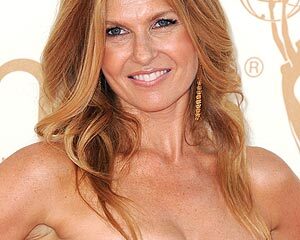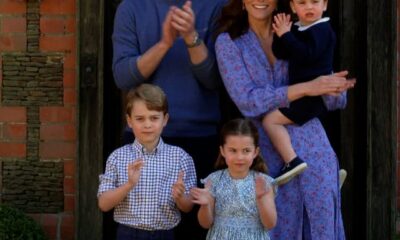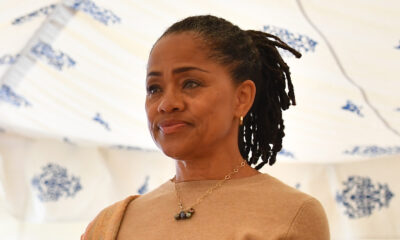Updates
‘No story’ in The Bench by Meghan Markle
Children’s books should delight kids, but the finest books are also entertaining for adults to read, because we’ll be the ones reading them day after day until we can memorize the entire collection.
The Bench was released on June 8, 2021, by Random House Children’s Books.
The reviews are in, and the consensus is that The Bench is a blazing zeppelin wreck of drooling schmaltz and poor poetry.
The story, which is so devoid of action and peril that you wonder if it was written by a piece of furniture, depicts the bond between a father and son through the eyes of a mother.
The weirdest – but not entirely surprising – aspect of Meghan Markle’s children’s book is that it appears to be created with only one reader in mind – Harry.
Trending:
- Meghan Markle Steals the Spotlight Again: A Royal Engagement Gone Awry
- “Harry and Meghan’s Tense Moment: A Marriage Under Scrutiny”
- Tension Unveiled: Frances Marquez’s Discontent with Meghan Markle in Colombia
- Elton John’s Scathing Remarks Leave Meghan Markle in Tears at Music Awards
- Meghan Markle’s On-Set Outburst: A Diva in Disguise?
The Bench is filled of intimate references to the Sussexes and is dedicated to “the man and the boy who make my heart go pump-pump.” The first image, which depicts a ginger-haired, bearded man cradling a newborn with two dogs at his feet, is very similar to Prince Harry. The closing pages show the same father tending chickens with his toddler son, while a dark-haired woman walks through the yard holding a baby (certainly an allusion to the Sussexes’ newest addition), giving the impression that you’re getting a look into the family’s ideal life in Santa Barbara.
The bench — or benches; there are a variety of them — serves as a seat, a table, and a prop, among other things. It’s a strange concept that a father would spend so much time on or on a bench, similar to a grandfather who never gets out of his rocking chair or an athlete who is forced to sit on the bench. Meghan envisions the bench as a place for fathers to cradle their infant sons and maybe fall asleep, to apply bandages to toddlers’ wounded knees, and to offer comfort and encouragement.
The action takes place around the bench, with the fathers and sons rotating from page to page, allowing for a diverse cast: a Sikh father and his kid play football, a father and son with plaited hair watch television.
The book is a love poem written from the mother’s perspective to a new father about the relationship he’ll have with his kid. It plods through in a terrible rhyme, concluding, “Right there on your bench/The place you’ll call home…/With daddy and son…/Where you’ll never be ‘lone,” which makes no sense.
With phrases like “You’ll love him. You’ll listen. You’ll be his supporter,” the rhyming narrative is certainly from the heart. It’s likely to tug at the heartstrings of parents, grandparents, and caregivers. It’s romantic and a little tearjerker for grownups, but how did the targeted audience react?
Christian Robinson, a gifted and prolific Caldecott and Coretta Scott King recipient, created the watercolor images, which are stunning. They are overflowing with love. According to the publisher, Meghan wanted to be inclusive, therefore the book includes a range of fathers, including black and white fathers, a father in a wheelchair, a Sikh father with a turban, and a military father returning after a tour of duty.
The book’s abysmal quality is truly astounding. There is no plot here, simply a collection of cliches about parental love that would appeal to a very emotional father who is unsure of his new position at best. It belongs to a kind of children’s writing that Julia Donaldson dismissively refers to as “books as medicine,” imparting a moral message that can be summarized as “love is nice” with the sweet efficiency of a syringeful of Calpol. And how many editors did it take to come up with this rhyme: “He’ll learn to ride a bike/As you watch on with pride./He’ll run and he’ll fall/And he’ll take it in stride”?
A parent in a frilly pink tutu wears a macho plaid shirt and brown slacks and uses the bench as a barre beside his similarly tutued youngster.
The book is marketed as being appropriate for children aged one to seven, but when read it with a group of children aged two to eight, we received varied opinions. While the older children appreciated The Bench, one of them said that it made them “feel happy,” the story failed to captivate and hold the interest of the younger children, who are famously tricky.












































































